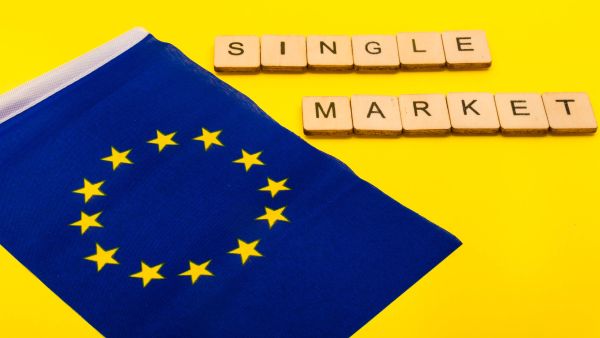The S&D Group has welcomed a package of measures coming from the European Commission on digitising European industry but argued that the Commission still needs to outline a concrete plan to ensure that the EU has a skilled labour force ready to implement it.
Josef Weidenholzer, S&D vice-president and spokesperson for digital affairs, said:
"Digitising European industry is essential if we want to compete in the global economy in the 21st century. It will provide opportunities for growth and high skilled jobs, which we desperately need in Europe. We are delighted that these proposals are another step in creating a European digital industrial strategy. As we saw on a recent fact-finding mission to a digital cluster in London, Europe already has some world leaders in digital. The Commission is right to build on these national efforts and seek to coordinate them better to ensure they are working towards our strategic priorities. The focus on hubs is also the right approach, they provide the best space for small and medium sized enterprises to grow and give them the best chance to compete with larger global rivals.
"We are also pleased the Commission is moving on e-governance, which will make life easier for businesses and citizens. We want to see greater focus on improved accessibility to such services, so that as many Europeans as possible can benefit from them.
"This is true for the package as a whole - it will only be effective if Europeans have the skills needed to take the opportunities digitisation provides. That means we need to see serious investment in digital education and training - for every Euro we spend on industry we should spend a Euro on ensuring citizens have the skills needed for the digital transition. We look forward to the Commission putting forward a clear strategy to ensure this is the case in the coming months."
Dan Nica, S&D coordinator for digital affairs in the Parliament's committee for industry, said:
"The fourth industrial revolution is going to radically change how businesses around the world operate. The Commission's package is an important first step in ensuring that Europe remains at the forefront of this change. We are pleased to see that this package contains various elements called for in the Parliament's own report on creating a truly digital union. This can be the first stage in a real industrial strategy for Europe, with digital at its heart.
"Three elements are key to ensuring a successful transition to a fully digitised European industry. Firstly investment so that big and small companies can compete across borders and in other parts of the world; clear rules so that businesses have a common legal framework in which to grow and finally closer coordination between different EU member states. We are pleased that the Commission has followed this approach. Cloud computing has a huge potential to change how we store and manage data, a clear commitment to fund cloud research infrastructure is essential if we want to benefit from this. Clear rules on the flow of data are also vital so that European firms can create new businesses, especially in the internet of things."








